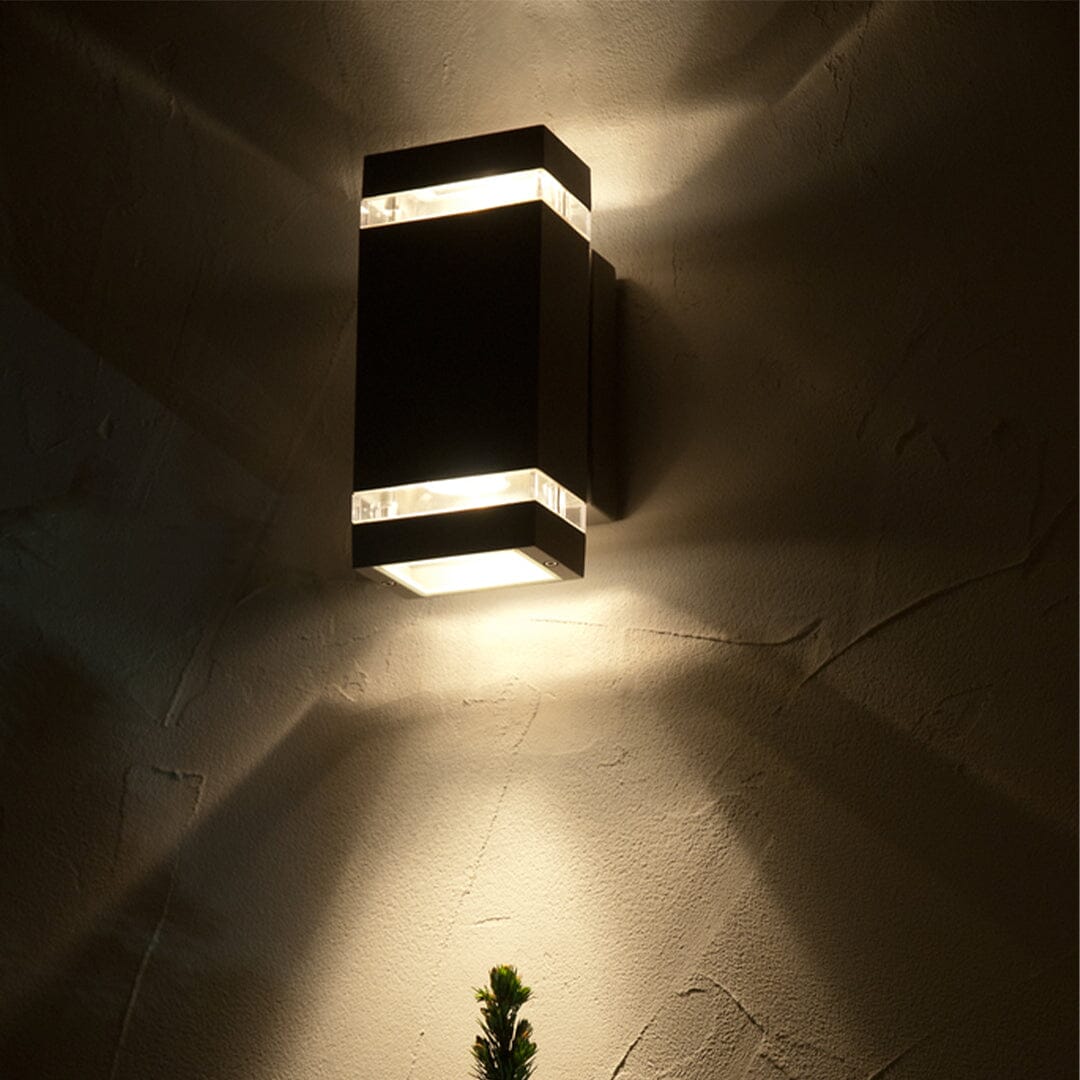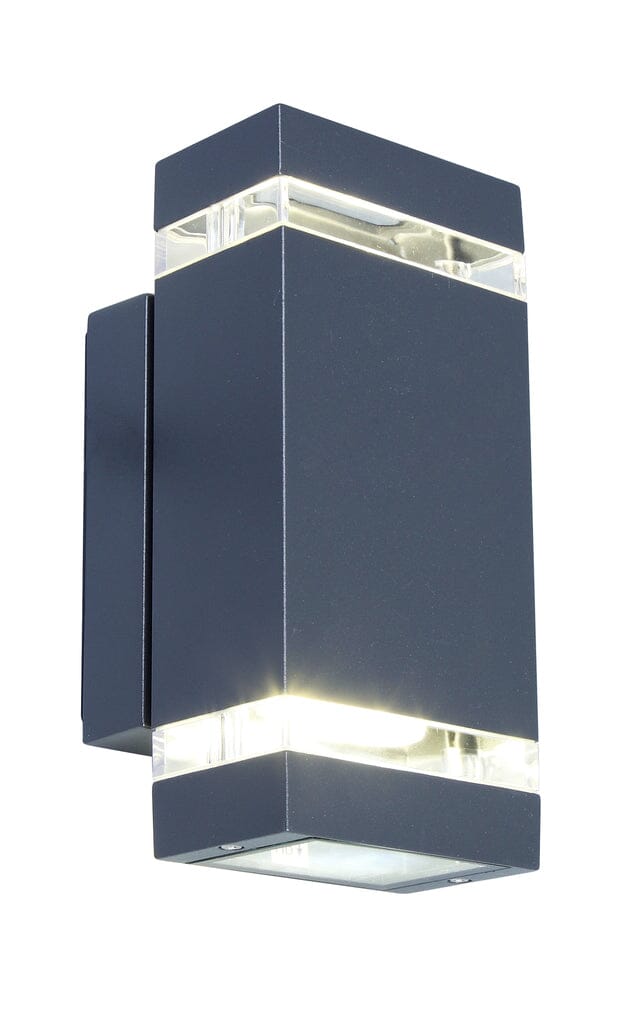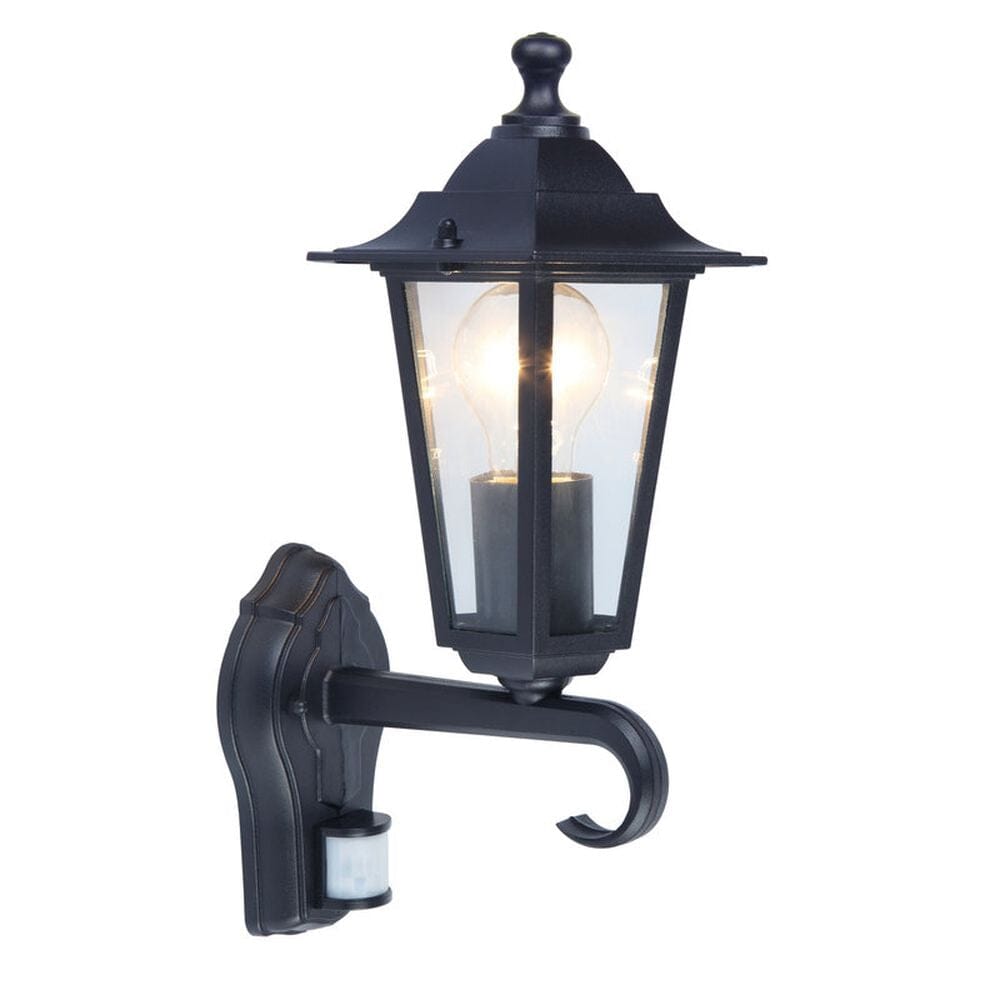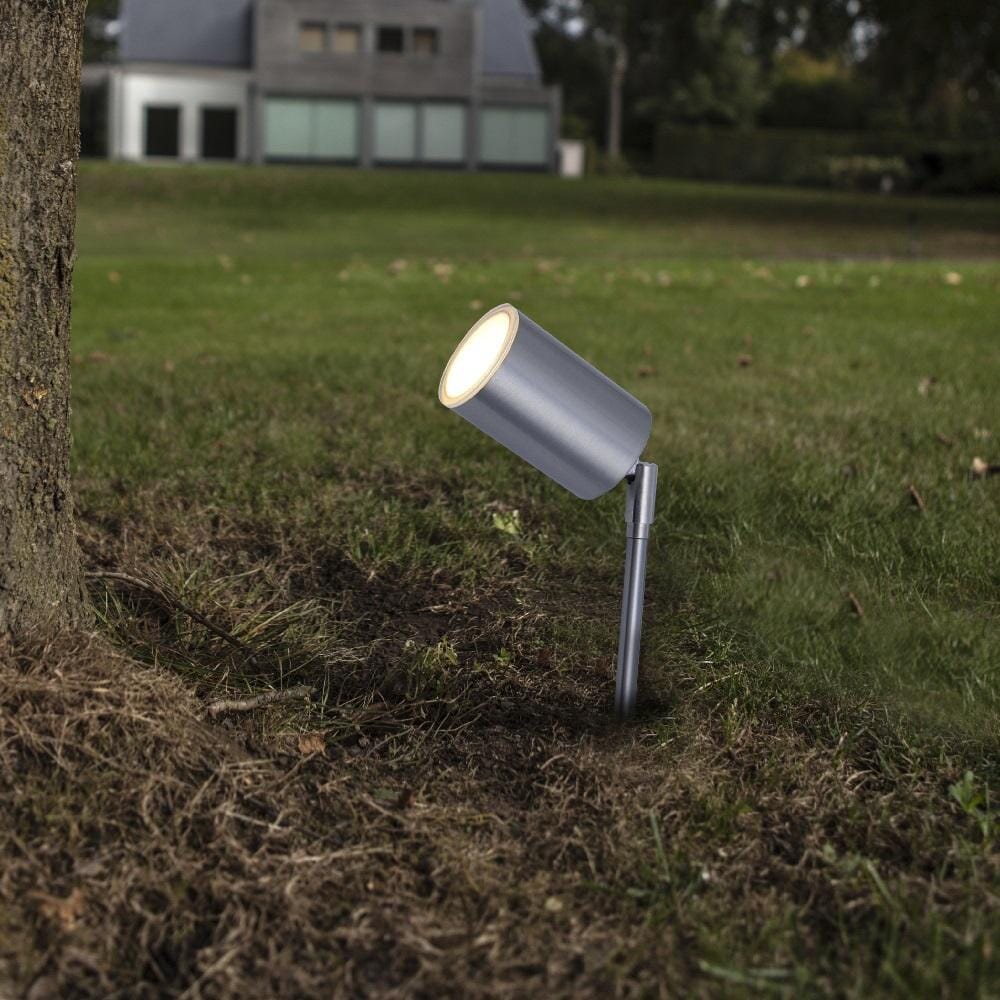About Outdoor Lights By Power
Choosing your outdoor lights should depend on your specific needs and preferences.
If you want an eco-friendly option and have good sunlight, solar lights might be suitable.
If you need consistent, bright lighting, mains-powered lights are a solid choice.
Battery-powered lights are great for flexibility, and 12V lights can be integrated into existing systems for a more comprehensive outdoor lighting setup.
Outdoor Lighting Power Comparison
-
12V Outdoor Lights:
- Power Source: These lights are typically powered by a low-voltage 12V electrical system consisting of transformers plugged into outdoor/indoor socket outlets.
- Pros: Energy-efficient, safe to use, can be integrated into existing landscape lighting systems, can often be installed DIY.
-
Cons: Limited brightness compared to mains-powered lights, require a transformer.
-
Solar Powered Outdoor Lights:
- Power Source: Solar panels capture sunlight to charge a built-in battery, which powers the lights at night.
- Pros: Environmentally friendly, cost-effective (no electricity bills), easy to install (no wiring).
-
Cons: Reliant on sunlight, may not be as bright as mains-powered lights, may have limited run time on cloudy days.
-
230V Mains-Powered Outdoor Lights:
- Power Source: These lights are directly connected to the 230V mains electrical supply.
- Pros: Bright and reliable, suitable for continuous use, no need to worry about battery charging.
-
Cons: Installation can be more complex and expensive due to wiring and requiring a qualified electrician, higher energy consumption.
-
Battery-Powered Outdoor Lights:
- Power Source: These lights use replaceable or rechargeable batteries for power.
- Pros: Portable and versatile, no need for wiring, easy to install, can be used in various locations.
- Cons: May require frequent battery replacements or recharging, may not be as bright as mains-powered lights.










